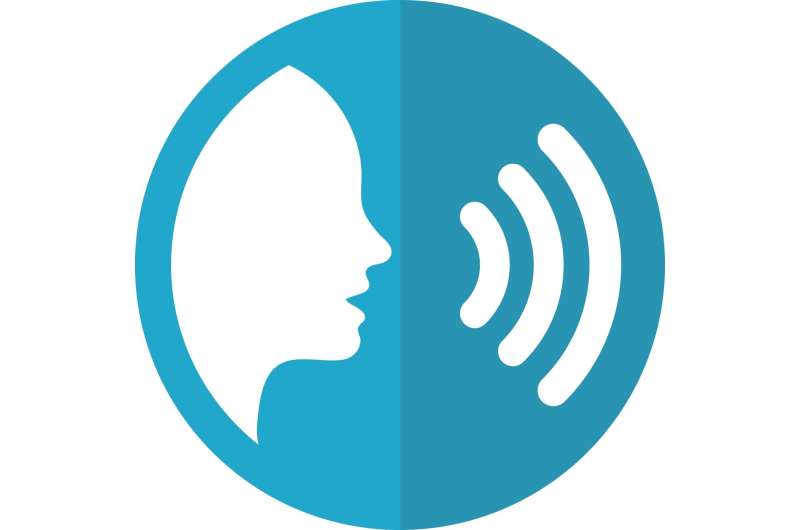This article has been reviewed according to Science X's editorial process and policies. Editors have highlighted the following attributes while ensuring the content's credibility:
fact-checked
trusted source
proofread
Examining factors that determine creaky voice use

Vocal fry has a bad reputation in American English. A subtype of creaky voice, a feature of speech that sounds gravelly and pulse-like, this manner of speech is sometimes used to form judgment about the speaker. In many languages, the creaky tone changes the meaning of words, as exhibited in Lango spoken in South Sudan or Jalapa Mazatec spoken in Mexico.
Hannah White and her Department of Linguistics colleagues at Macquarie University researched how creaky voice is reflected in Australian English used in Sydney, and what factors influence its prevalence. She presents her findings on the complex relationship between creaky voice and gender, ethnicity, and the diversity of where the speaker lives as part of Acoustics 2023, running Dec. 4–8 at the International Convention Center Sydney.
"Creaky voice has been researched a lot in American English, but very little has been done here, in Australia," said White. "We wanted to investigate if the common belief that creaky voice is a feature of women's speech is true for Australian English. Studies in New Zealand and London have found that creaky voice use is influenced by speaker ethnic heritage, and with Sydney being as multicultural as it is, we wanted to investigate that here."
White's team used conversation samples from high school students across Sydney and employed algorithms to automatically identify creaky voice. The data used was part of a larger project called "Multicultural Australian English: The new voice of Sydney," led by Professor Felicity Cox.
Their results reveal that the area a speaker lives, and its diversity, are some of the most significant factors determining creaky voice use. They could not generalize about the influence of gender on creaky voice in Australian English in Sydney.
"There was no statistically significant difference in creak prevalence by gender in the area with a high proportion of monolingual English speakers," said White. "In some of the other areas, men used less creak than women, and, in other areas, women used less creak than men."
In future work, White seeks to approach the topic from the listener's angle, investigating attitudes toward creaky voice and the coded social meaning.
Provided by Acoustical Society of America



















